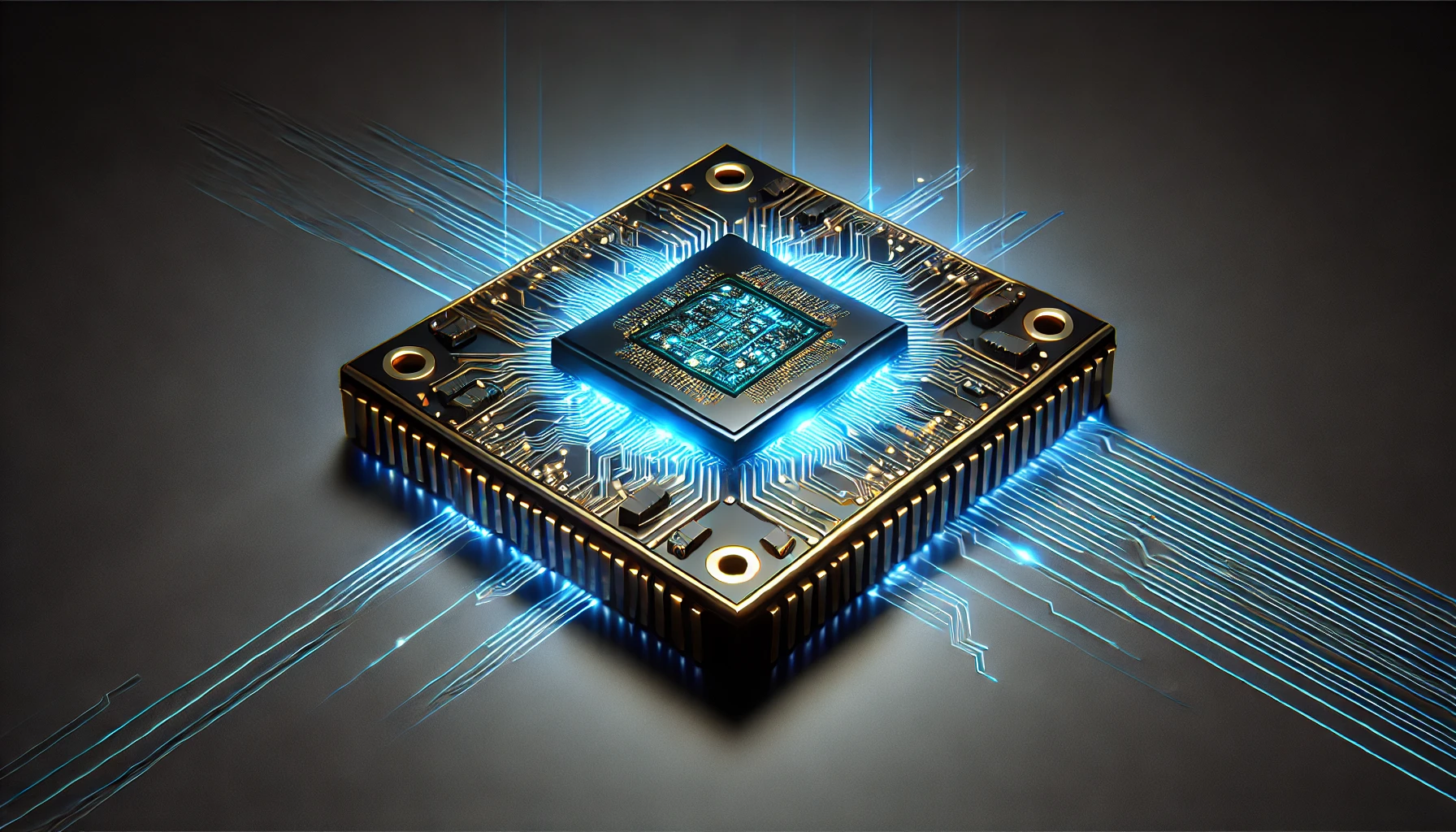DeepSeek AI, NVIDIA’s Fall, and the Hidden Connection to Peace in Congo
By Brian Matambo
Introduction: A Pivotal Week in Global AI and Geopolitics
The past week has seen two significant events in different parts of the world that, at first glance, may seem unrelated. DeepSeek AI, an open-source artificial intelligence system from China, has emerged as a powerful force in the AI race, drastically lowering computing costs and breaking barriers in a field long dominated by American tech giants. Simultaneously, NVIDIA—once the uncontested leader in AI chip manufacturing—saw its stock value plummet by over 25% as global markets reacted to DeepSeek’s rise and tightening U.S. restrictions on chip sales to China. Meanwhile, across the globe, Goma and North Kivu in the Democratic Republic of the Congo (DRC) witnessed a new wave of violence and instability, tied to ongoing conflicts over the region’s vast mineral wealth.
These three developments—DeepSeek’s breakthrough, NVIDIA’s financial decline, and the escalating crisis in Congo—are deeply intertwined. The connection lies in the mineral resources that fuel AI infrastructure, the geopolitical struggle over technology, and a potential new path toward peace in Congo through AI democratization.
The Unsustainable Dependence on Congo’s Minerals
North Kivu, the mineral-rich region surrounding Goma, is home to some of the most sought-after resources required for AI chip manufacturing:
- Coltan (Tantalum): Used in high-performance capacitors in AI hardware.
- Cassiterite (Tin): Essential for semiconductor soldering.
- Gold: A key element in circuit board connections.
- Wolframite (tungsten): Used in heat-resistant components for AI chips.
- Cobalt & Copper: Crucial in high-speed computing and cooling systems.
The global demand for AI chips—driven by companies like NVIDIA, Google, and OpenAI—has fueled massive mineral extraction in the DRC, often under exploitative conditions. The conflict in Goma is not just a local or regional issue; it is a direct consequence of the world’s reliance on Congolese minerals to power the AI revolution. Armed groups controlling mining operations and smuggling networks perpetuate violence, ensuring that Congo remains trapped in a cycle of war, poverty, and external exploitation.
DeepSeek AI: China’s Open-Source Disruption and the End of AI Monopolies
DeepSeek’s emergence represents a radical shift in AI development, challenging the Western model of closed, profit-driven AI models. Unlike NVIDIA, OpenAI, and Google, which rely on massive, resource-intensive AI training systems, DeepSeek has developed an AI model that operates on significantly lower computational costs, reducing the need for high-powered GPUs built from Congo’s minerals.
By making its models open-source, DeepSeek is democratizing AI in a way that American tech giants have resisted. This move could have profound consequences.
- AI Becomes More Accessible: Countries, businesses, and researchers outside the U.S. monopoly can build and improve AI systems without relying on NVIDIA’s expensive hardware.
- Lower Demand for Congolese Minerals: If AI models become less dependent on high-powered GPUs, global industries will require fewer minerals from North Kivu, reducing economic incentives for armed groups that thrive on illegal mining.
- A New AI Superpower in the Global South: Africa, often seen as a resource provider rather than an innovator, now has a chance to participate in the AI race without being at the mercy of American or Chinese tech giants.
The American AI Monopoly is Crumbling—And That’s a Good Thing
For years, the U.S. has sought to control the AI industry through corporate dominance and geopolitical maneuvering, such as banning NVIDIA’s AI chip exports to China. This strategy, however, has backfired spectacularly.
- China, despite U.S. sanctions, has found innovative ways to build AI systems with fewer computational requirements.
- NVIDIA, once untouchable, has lost billions in market value as competitors like DeepSeek prove that AI no longer needs to be exclusive to Western tech giants.
- The AI supply chain, deeply linked to mineral exploitation in Africa, is facing a necessary reckoning.
If AI development continues to move toward more efficient, open-source models, the global dependence on conflict-driven mineral supply chains will weaken. Congo, long a pawn in the world’s resource wars, could finally begin to escape the violent grip of warlords and international profiteers.
AI Democratization as a Pathway to Peace in Congo
The AI revolution has largely been a story of power struggles—between the U.S. and China, between corporations and nations, between technology and ethics. But the true impact of AI should not be measured in profits or stock prices; it should be measured in how it affects human lives.
- If DeepSeek’s model forces a shift away from hardware-intensive AI, Congo may see a decline in violent conflicts fueled by mineral exploitation.
- If African countries embrace open-source AI, they could build homegrown AI industries, reducing their role as mere raw material suppliers.
- If global powers prioritize sustainable technology policies, the world could de-escalate conflicts over AI resources, creating a more stable and inclusive tech ecosystem.
The world cannot afford to ignore the human cost of AI advancement. The conflict in Congo should not be seen as a distant, unrelated tragedy—it is a direct consequence of our choices in technology and industry. As AI moves toward a new era of democratization, we have an opportunity to reshape its impact—not just for innovation’s sake, but for the sake of peace, justice, and true global participation.
A Call to Action
The events of this week—DeepSeek’s rise, NVIDIA’s fall, and the violence in Goma—are not random. They are deeply interconnected, and they present a clear choice for the world. Will we continue down a path where technological advancements fuel human suffering, or will we embrace a future where AI serves humanity without exploitation?
The answer lies not just with tech companies but with governments, policymakers, and citizens. A peaceful Congo should be a world priority, not just for humanitarian reasons but as a necessary step toward a truly fair and inclusive AI revolution.
NOTE: This article was written with the help of ChatGPT based on real facts.

